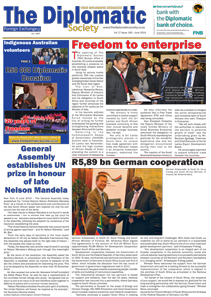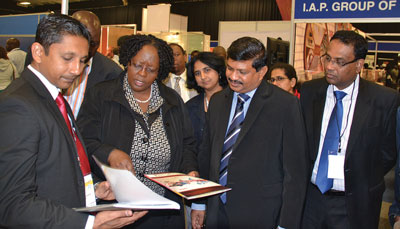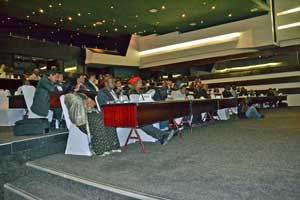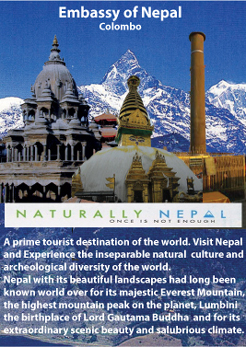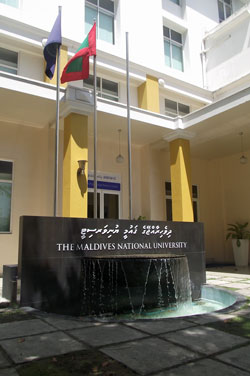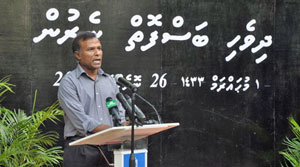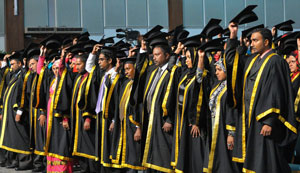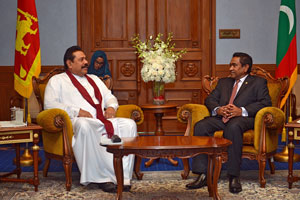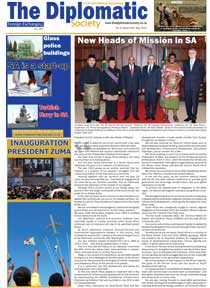(Daily Mirror- Impulse 30th June 2014 )
(http://dailymirrorepaper.newspaperdirect.com/epaper/viewer.aspx…)
Inspiring Sikh Cultural Contribution to Society
Text By Srimal Fernando
“With determination, I will be triumphant” is the motto of the
Sikh infantry regiment of the Indian Army. In over 500 years the 25
million Sikhs around the world with a rich ancient culture plus strong
traditions have shown an extraordinary ability to protected their
communities as well as defend their lands and adopt to new environments.
Sikhism, founded by Guru Nanak begins during the 15th century in the
fertile farm lands of Punjab region where the five rivers flow in the
Indian Sub-continent.
Many cities in Punjab, Delhi and in Haryana states have been vigorous
Sikh cultural and religious centers for centuries. Sikhism’s holiest
site the Darbar Sahib also known as the Golden Temple in Amritsar built
in 1604 by Guru Arjun the fifth Sikh Guru is where the holy scripture of
Sikhism Guru Granth Sahib, is retained . The majestic Golden Temple
surrounded by a large lake near the river Ravi is visited by millions of
devotees annually. Since the earliest times, pilgrimages to Sikh
Gurudwaras have been made as acts of devotion. Visiting Sri Tarn Taran
Sahib Temple founded by the Fifth Sikh Guru, Shri Guru Arjan Dev Ji,
Gurudwara Baba Bakala and Gurudwara Darbar Sahib are among the most
sacred Sikh sights devotes can ever see in Punjab. Most spectacular Sikh
holy cities worth visiting in Delhi are Gurudwara Bangla Sahib known
for its association with the eighth Sikh Guru in the heart of New
Delhi’s, Gurdwara Sis Ganj Sahibin established in 1783 and Gurdwara
Rakab Ganj Sahib .
Journey into the past happenings and unquestionable loyalty to the
Sikhism by courageous Sikh men and women date backs from birth of
Sikhism’s founder, Guru Nanak, in 1469 till the partition of India in
1947 was inspiring .Sikhs know the lessons of their past all too well .
Even today when tourist visits a Sikh Gurudwara the cultural revival of
Sikh history, literary history, ethno-history, and so forth can be seen.
Sikhism, is still close to the hearts of many Sikhs. There are five
articles of faith, known as five kakars required to be worn by a Sikh.
Sikh turban or Dastar is a mark of visual identity and is , important
part of the unique Sikh identity which conveys royalty, grace and partly
to cover their long hair. The Kirpan a ceremonial sword ,Sikh Comb or
Kanga and the Kara a steel bangle worn on the wrist are the other the
three articles of faith worn by a Sikh. Sikhs believes that the name
holds the power to shape a child’s self-esteem , identity and influence
others. Many Sikh parents, use “Singh” meaning “Lion” for a male child
and “Kaur” meaning princes for a female child.
Today the Sikh traditions , customs and culture dress style, views on life are making headway. Bollywood is an historical center of movie studios and for Sikh film stars. Poonam Dhillon, Kaur Panag, Mandira Bedi and Dara Singh a Indian wrestler-turned-actor, are some of the greatest Sikh stars that hit the Bollywood big screens . Bhangra a lively form of folk music and dance, the Giddha and Jhoomer dances that originates from Punjab are enduring popularity among Sikhs. Teachings of Guru Nanak is what attracts many followers that can inspire us to think imaginatively about what Sikhism means and about the Sikh culture
Today the Sikh traditions , customs and culture dress style, views on life are making headway. Bollywood is an historical center of movie studios and for Sikh film stars. Poonam Dhillon, Kaur Panag, Mandira Bedi and Dara Singh a Indian wrestler-turned-actor, are some of the greatest Sikh stars that hit the Bollywood big screens . Bhangra a lively form of folk music and dance, the Giddha and Jhoomer dances that originates from Punjab are enduring popularity among Sikhs. Teachings of Guru Nanak is what attracts many followers that can inspire us to think imaginatively about what Sikhism means and about the Sikh culture
Source (Daily Mirror- Impulse 30th June 2014 )

